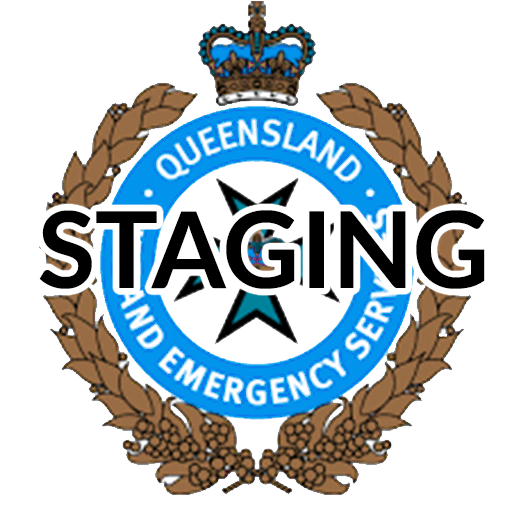VESC005 Working in the Rural Fire Service
VESC005

The course VESC005 Working in the Rural Fire Service has been developed to provide QFES members with the knowledge and skills to undertake the duties involved in working in the Rural Fire Service.
Introduction:
VESC005 Working in the Rural Fire Service forms part of the first stage of the Rural Fire Service volunteer journey. During the course learners will learn about their role within the organisation, how they contribute to the work their brigade does in the community and the expectations of them as a QFES volunteer.
Target Audience:
Rural Fire Service Staff and Volunteers
Learning Outcomes:
- interact with people internally and externally through verbal, non-verbal and written communication, those people including stakeholders and crew members
- identify and determine stakeholder needs and expectations
- determine and implement appropriate responses to stakeholder needs
- manage stakeholder expectations
- communicate effectively verbally and non-verbally
- give, receive and follow verbal and written instructions in the workplace
- take part in group discussions and participate in informal meetings
- apply general work, health and safety requirements when in a workplace environment, excluding emergency incidents
- follow procedures for hazard identification and risk control
- contribute to participative arrangements for WHS
- work with others whilst making a positive contribution to the effectiveness and efficiency of a crew in a work environment, when under direct supervision
- contribute to crew activities
- share knowledge and information
- give support to and receive support from crew members
- manage their own work
- develop and maintain their own expertise
- maintain their own work effectiveness,
- contribute to improving the workplace and the work outcomes,
- prepare and process routine correspondence and records
- use communication systems and equipment
- transmit and receive communications in routine and operational situations, and maintain communications equipment
Learning Methods:
The course content can be delivered in various forms, including:
- trainer led, face-to-face training
- self-paced eLearner Guide (electronic Learner Guide)
- paper-based or electronic learning activities
- skills-based practical activities
- a combination of the above (blended delivery).
Program Benefits:
- PUACOM001 Communicate in the workplace
- PUACOM002 Provide services to clients
- PUAWHS001 Follow defined work, health and safety policies and procedures
- PUAOPE013 Operate communications equipment and systems
- PUATEA001 Work in a team
- PUATEA004 Work effectively in a public safety organisation
Content:
- Volunteering in the Rural Fire Service
- Introduction to Foundation Skills
- Queensland Fire and Emergency Services
- Roles, responsibilities and functions
- Work health and safety
- Health and wellbeing
- Communicating with others
- Interacting with others
- Workplace behaviour
- Stakeholder engagement
- Operate communication systems and equipment
Upcoming Workshops
All Locations
State
Tropical Coast
Savanna
Wide Bay Burnett
Central Queensland
Southeast Coast
Brisbane Valley
Darling Downs
Warrego
All Locations
| Name | Date | Time | Location | Available Spaces | |
| VESC005 Working in the Rural Fire Service | Self Paced Learning | 08:00 am – 05:00 pm | 602 Ingham Road, Townsville | 92 |
State
There are currently no openings available for this course.
Tropical Coast
| Name | Date | Time | Location | Available Spaces | |
| VESC005 Working in the Rural Fire Service | Self Paced Learning | 08:00 am – 05:00 pm | 602 Ingham Road, Townsville | 92 |
Savanna
There are currently no openings available for this course.
Wide Bay Burnett
There are currently no openings available for this course.
Central Queensland
There are currently no openings available for this course.
Southeast Coast
There are currently no openings available for this course.
Brisbane Valley
There are currently no openings available for this course.
Darling Downs
There are currently no openings available for this course.
Warrego
There are currently no openings available for this course.
